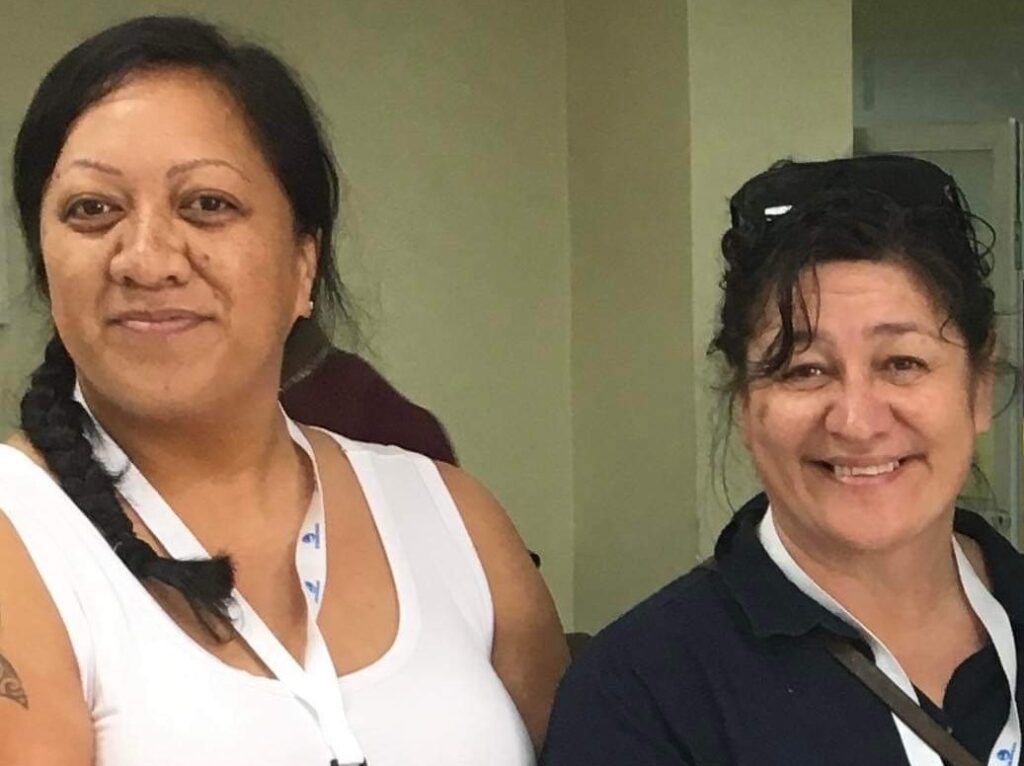This month Te Kāhui Tika Tangata – the Human Rights Commission (HRC) – released two reports examining Aotearoa New Zealand’s “long history of racism” and continuing high levels of harm to tangata whenua and some tangata tiriti.
The reports provide insights, analysis and recommendations for a national anti-racism plan, currently in development.
Race Relations Commissioner Meng Foon and former Deputy Commissioner Tricia Keelan said a plan was needed as racism continued “to occur at interpersonal, institutional and internalised levels for many people”.
Foon, Keelan and Human Rights Commissioner Paul Hunt urged the Government to develop the plan to achieve “an Aotearoa that honours te Tiriti, and which is free from racism, so all people can thrive”.
A spokesperson for the Ministry of Justice, which is leading the development of the national anti-racism action plan with the National Iwi Chairs Forum, told Kaitiaki the plan would be completed by the end of 2024.
The ‘devastating, cumulative inter-generational’ impact of colonisation and racism on the health and wellbeing of Māori is specifically addressed in Maranga Mai.
One of the reports, based on community engagement – Ki te whaiao ki te ao Mārama – details experiences of racism, and ideas to eliminate it, by Māori and non-Māori.
A second report, Maranga Mai! is a comprehensive study of white supremacy, racism and colonisation experienced by tangata whenua.
(There is no link between the report and Tōpūtanga Tapuhi Kaitiaki o Aotearoa NZNO’s campaign, Maranga Mai! despite the shared name.)
Colonisation – the “systematic appropriation, seizure and exploitation of indigenous lands and natural resources” – was supported by the Doctrine of Discovery, a series of papal decrees in the fifteenth century outlining the racial superiority of white Christians.
Those racist ideas, and the destruction of Māori land, culture and wellbeing that followed continues to harm both tangata whenua and ethnic tangata tiriti (non-pākehā/non-Māori New Zealanders) today, the reports say.
‘I have first-hand experiences with racism growing up, I witnessed my family take it and as a nurse I’ve seen it, felt it – I fight to be Māori all the time.’
The “devastating, cumulative inter-generational” impact of colonisation and racism on the health and wellbeing of Māori is specifically addressed in Maranga Mai.
Tōpūtanga Tapuhi Kaitiaki o Aotearoa NZNO kaiwhakahaere Kerri Nuku said the Waitangi Tribunal 2575 inquiry and report had established “the health system is systemically racist”, but this had not led to a change in behaviours.
She said the commission reports, while valuable and significant, would not in themselves bring necessary change.

“We’ve had cultural safety now in nursing for years, it’s a nice-to-do or a tick-box exercise, it doesn’t change behaviours or attitudes of nurses because it’s not fully endorsed or implemented . . . ”
Nuku said nurses who could not demonstrate an understanding of racism, and how to counter it in the workplace, should not be given registration.
“We need to support nurses that understand it and have the will to implement [their understanding], and we need to let go of nurses that don’t. You can’t be in the business of caring and choose to be privileged.”
Tōpūtanga Tapuhi Te Rūnanga representatives gave feedback on their experiences and observations of racism in health-care settings at a hui organised by the commission.
‘We need to support nurses that understand it and have the will to implement [their understanding], and we need to let go of nurses that don’t.’
Tina Konia, a Te Rūnanga representative who attended the hui with Nuku, said entry points for hospital and other health-care providers were a “hotspot for racism”, especially when police were involved in patient delivery.
“I have first-hand experiences with racism growing up, I witnessed my family take it and as a nurse I’ve seen it, felt it – I fight to be Māori all the time.”
Konia and Nuku said they were disappointed Ki te whaiao ki te ao Mārama didn’t include more of the feedback provided by the nurses about racism within the nursing profession.
“A lot of the time when profiling is mentioned, it’s in justice, whereas, nurses [also] do it,” Nuku said.

Hunt described Maranga Mai! as “one of the most unsettling reports I have read for a very long time”.
“The report compels us to acknowledge the racism and white supremacy that was woven into the fabric of the British colony as immigrants settled in these islands.”
Recommendations in the reports include the establishment of a truth, reconciliation and justice commission and constitutional reform to enable tino rangatiritanga (self-determination).
The Government committed to development of an anti-racism plan following a 2017 recommendation by the UN Committee for the Elimination of Racial Discrimination and the 2019 Christchurch mosque attacks.



